Huawei helps Brazil cities smarten up
Updated: 2016-04-04 03:55
By MAO PENGFEI and ZHAO YAN in Rio de Janeiro(China Daily Latin America)
|
||||||||
Leading Chinese telecommunications company Huawei this week geared up to bring cutting-edge urban development to Porto Alegre, the capital of Brazil's industrial powerhouse state, Rio Grande do Sul.
In conjunction with the Pontifical Catholic University of Rio Grande do Sul (PUC-RS), Huawei on March 31 launched the Smart City Innovation Center, a testing ground for smart electronic and digital solutions for better urban living.
The partnership combines Huawei's technological capabilities with the university's research capacity to generate innovative answers to increasingly complex urban problems in the areas of mobility, safety, public services and management, among others.
Rio Grande do Sul Gov Jose Ivo Sartori, who was on hand for the ceremony, stressed the importance of technology and innovation as a means to overcome the economic crisis affecting Brazil.
"A lot of creativity can always overcome hardships and difficulties," said Sartori, adding "the crisis is also an opportunity for growth, and science and technology are essential, as is innovation".
Smart cities need smart energy, smart mobility, smart public services, and smart buildings and homes to sustainably meet the economic, environmental and social needs of residents, institutions and companies, and these are the challenges that the research and development center, located at the PUC-RS Scientific and Technological Park, will tackle, according to promoters.
Liu Wei, vice-president of Huawei Brazil, said "the official launch of our center marks a new beginning", which aims to turn the concept of a smart city into a reality.
"We want to turn technical and technological successes into benefits for Brazil's society and economy," said Liu, adding the smart city concept "has already borne fruit in China and Europe, but is still in the theoretical stage in Brazil.
"We hope that Huawei, PUC-RS, the city of Porto Alegre and the state government of Rio Grande do Sul can work together to turn the concept into a reality," he added.
The win-win alliance provides Huawei with an ideal venue for testing smart solutions to logistical challenges. PUC-RS extends over nearly 55 hectares and bustles with an average of 60,000 people a day, according to local news website Baguette.
The state capital hopes the partnership will also help revitalize the city's Fourth District, home to its industrial zone.
"Porto Alegre can serve as a great laboratory for all these challenges, starting with the Fourth District," said Jorge Audy, president of a national association of innovation promoting agencies and a professor at PUC-RS.
Well-managed cities can improve their residents' quality of life by providing intelligent transport systems that can reduce accidents, fatalities and injuries, and boost fuel efficiency and conserve energy, according to Audy.
Intelligent networks can also improve safety and cut down on crime, he added.
Huawei's Global Safe City Summit, held in mid-March in Hanover, Germany, highlighted the importance of safety to thriving modern cities, and the increasing role that information and communications technology (ICT) plays in protecting lives and property.
"New ICT technologies, including the Internet of Things (IoT), mobile broadband, cloud computing, Big Data, and big video, are connecting environmental, transportation, energy, electric power, finance, and manufacturing systems in cities," Yan Lida, president of Huawei's Enterprise Business Group, said in a speech to summit participants.
"They are not only enabling the connection between networks and information, but also the connection between objects, between people and objects, and between people and ideas. These connections help cities build comprehensive protection systems, prevent incidents before they occur, and implement rapid, accurate decision-making through interdepartmental collaboration," said Yan.
As part of its Safe City project, Huawei helped the East African nation of Kenya devise and implement a comprehensive anti-crime solution that integrated a call-taking and dispatching system, video surveillance, and intelligent analysis (license plate recognition and violation detection) to improve the country's incident management and crisis management capabilities.
The solution was used to successfully manage Pope Francis' visit to Kenya in 2015, and has helped to cut crime by 46 percent in areas covered by the Safe City solution, the company said, citing an annual report from the Kenyan police.
In Hanover, Germany, Huawei also launched a Smart City lighting solution that connects street lamps to the IoT and adopts a GIS-based management system to "enable cities to enhance the control and performance of street lamps,"the website RCR Wireless News reported.
"The solution provides municipal managers with status information on each lamp, and enables control of switches and brightness of individual street lamps, allowing on-demand lighting and a claimed 80 percent reduction in energy consumption," the site said.
"Using this solution, Huawei claims one person can manage thousands of lamps in different streets. When a street lamp malfunctions, the system is automatically alerted and sends a message to notify maintenance personnel," it added.
Today, half the world's population lives in cities and as that figure grows it should lend more weight to Huawei's Smart City initiative.
- Two new imported Zika cases in S China
- N China's largest photovoltaic project begins to join power grid
- New laws aim at ensuring nuclear safety
- Big floods along Yangtze River likely, authorities warn
- Chinese tweak tradition to adopt eco-friendly burials
- Shanxi digs deep to eradicate coal overcapacity
- Xi: Talks 'only correct way' for China, ROK
- Xi to Obama: Disputes should be managed
- Cypriot court remands in custody man suspected of hijacking EgyptAir flight
- Govt eyes luxury tourists amid concerns over safety
- Sleep tight and don't let sharks bite at Paris aquarium
- Aung San Suu Kyi appointed as Myanmar's new foreign minister
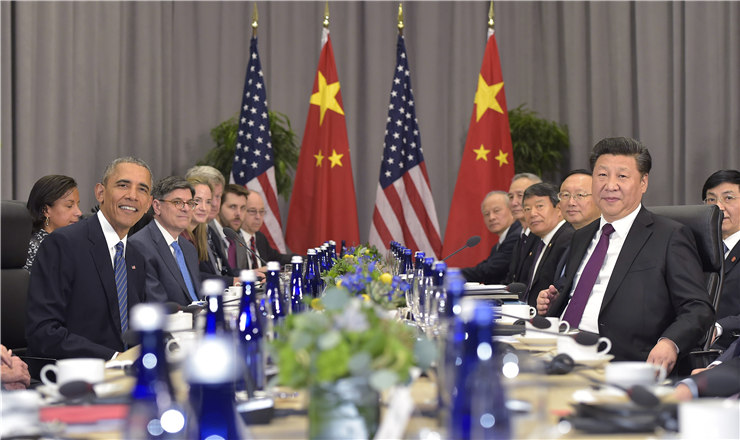
 Xi tells Obama disputes should avoid misunderstandings
Xi tells Obama disputes should avoid misunderstandings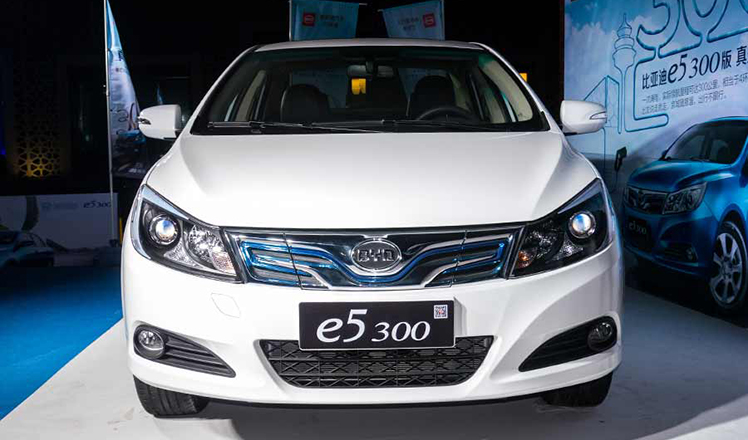
 BYD launches two new electric models, Qin EV and e5
BYD launches two new electric models, Qin EV and e5
 Discover beautiful China in Spring blossom (II)
Discover beautiful China in Spring blossom (II)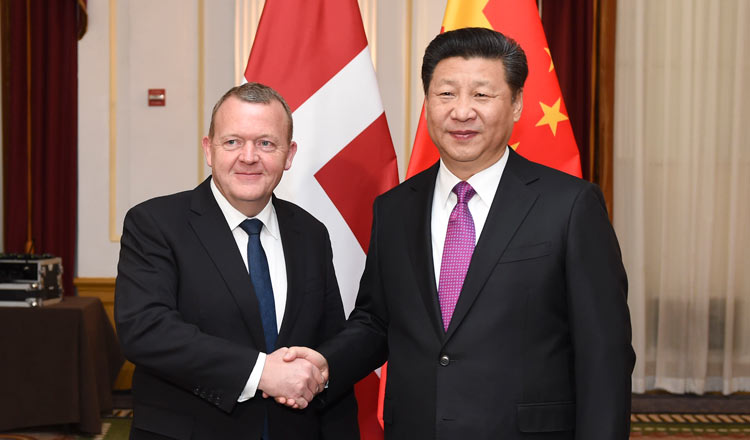
 Xi calls for bigger progress in China-Denmark ties
Xi calls for bigger progress in China-Denmark ties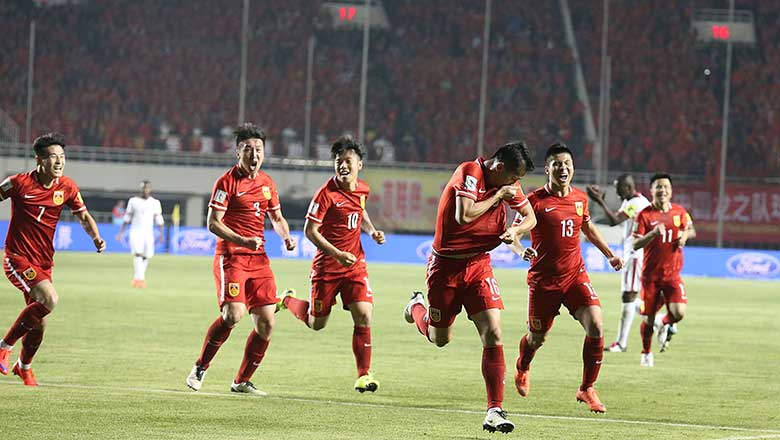
 China move into the final stage of Asia qualifiers after 15 years
China move into the final stage of Asia qualifiers after 15 years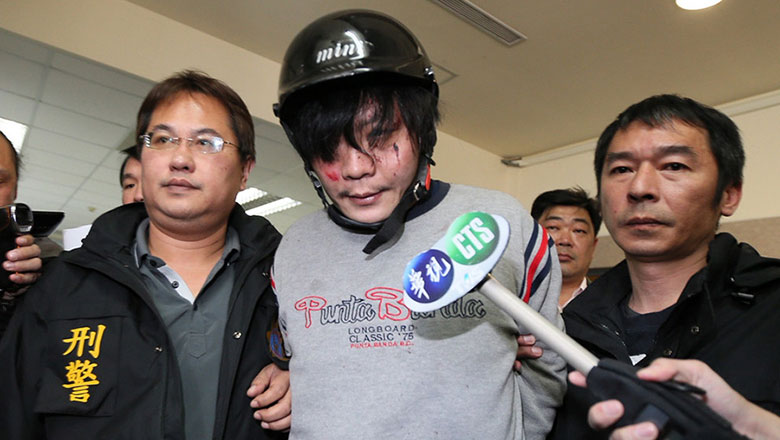
 Grief, anger engulf Taiwan as suspected killer of girl arrested
Grief, anger engulf Taiwan as suspected killer of girl arrested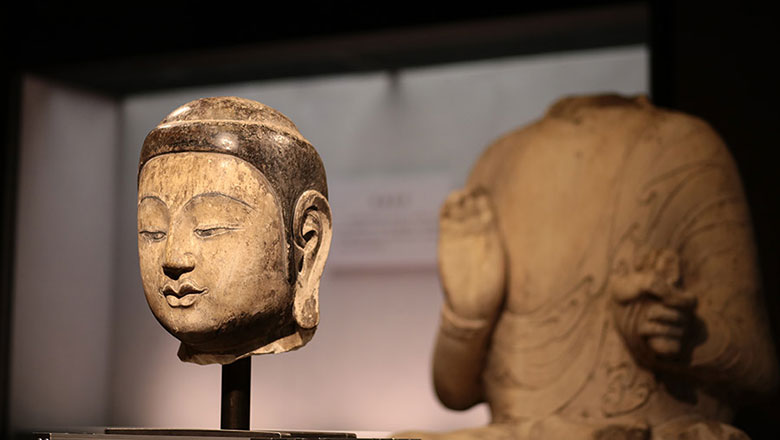
 Stolen Buddha statue head arrives in Hebei museum
Stolen Buddha statue head arrives in Hebei museum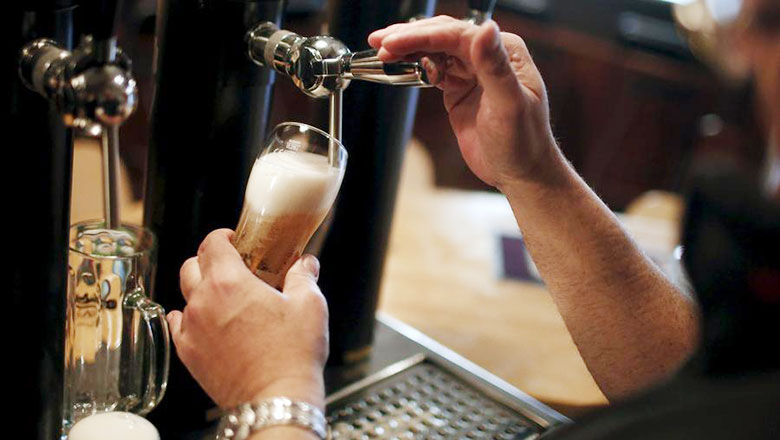
 Top 10 best-selling beers in the world
Top 10 best-selling beers in the world
Most Viewed
Editor's Picks

|

|

|

|

|

|
Today's Top News
Marriott unlikely to top Anbang offer for Starwood: Observers
Chinese biopharma debuts on Nasdaq
What ends Jeb Bush's White House hopes
Investigation for Nicolas's campaign
Will US-ASEAN meeting be good for region?
Accentuate the positive in Sino-US relations
Dangerous games on peninsula will have no winner
National Art Museum showing 400 puppets in new exhibition
US Weekly

|

|







